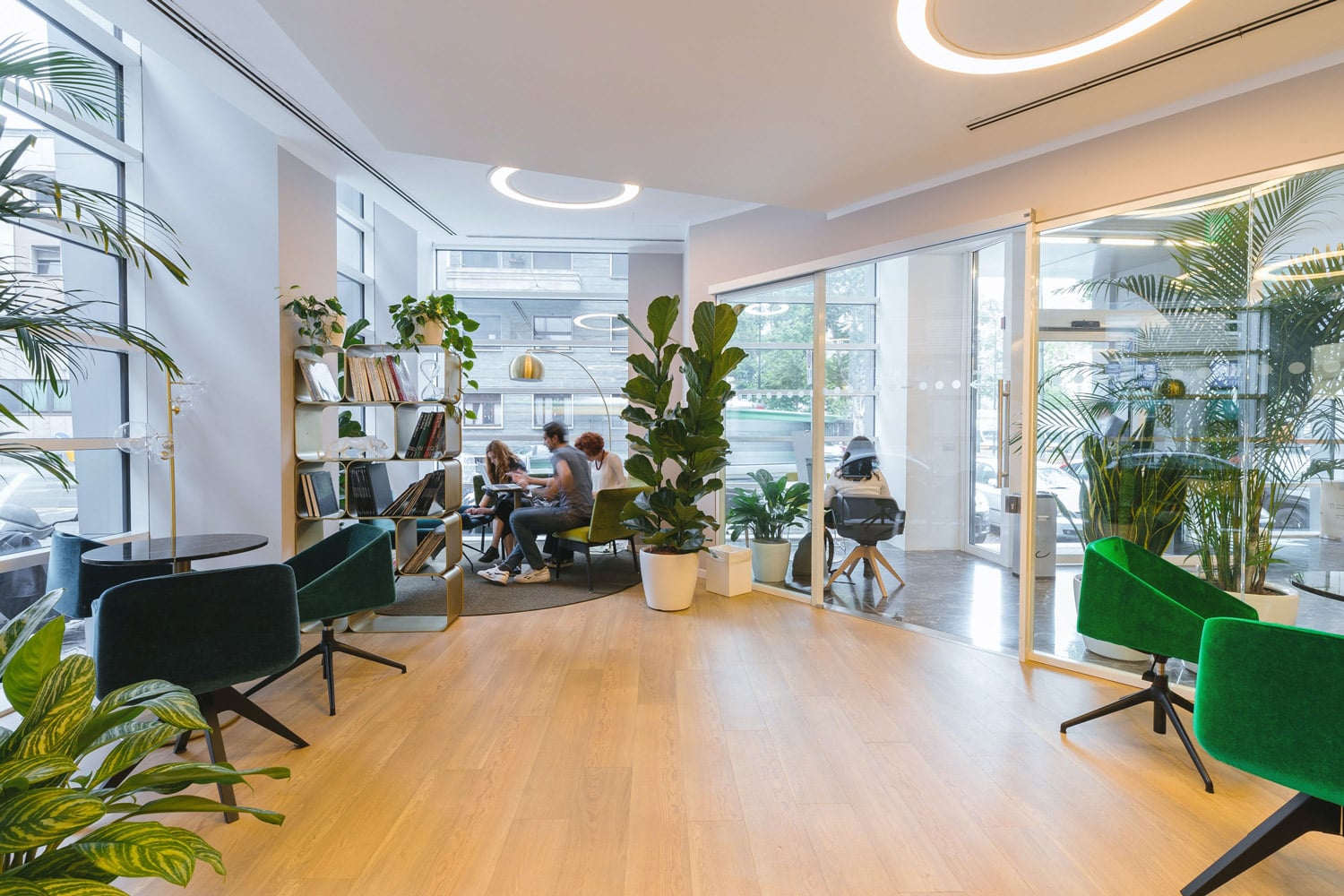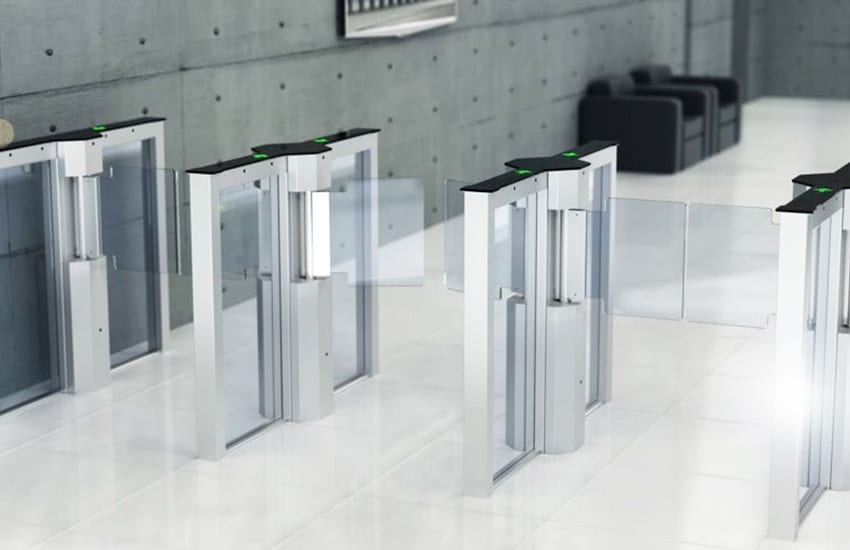January 26, 2023
Once you settle on a definition for smart technology, it becomes clear that it’s a trend that has already gained a great deal of traction in the business world. Usually taken to mean network-connected devices or those with at least some form of automation, smart technology has the potential to transform a wide variety of industry segments. The smart buildings market alone is already worth a staggering $67.6 billion, with estimates indicating that this figure will reach $265.37 billion by 2028.

But with more businesses embracing smart technology, the market has become increasingly complex. Today, there are a sizable number of smart vendors, each focusing on a specific niche within the smart tech space, whether IoT, facilities management, or automation.
Given the complexity of the market, any organisation looking to embrace smart building solutions will need to carefully assess the four main types of vendors available: heritage management systems, IT vendors and system integrators, and IoT-native vendors, as well as real estate and facilities management providers.
IT vendors and system integrators
Providing digital solutions with a specific focus on building management, in addition to the wide variety of IT products and services that they already provide to building users.
IT vendors and system integrators have benefitted from the fact that building management has become increasingly IT-focused. They already have extensive knowledge around network connectivity, cloud infrastructure, IoT, AI, and customer support that they can use to their advantage. They typically provide a significant breadth of offering, an ability to integrate different technologies, and a robust understanding of the technology involved.
But, what is key to selecting the right systems integrator is their ability to combine IT and OT systems to make the monitoring, control and automation of the building as efficient as possible. Having a vendor-agnostic approach to always choose the technologies that are the right fit for your business.
IoT-native vendors
The Internet of Things is generating a great deal of excitement across various business segments, but particularly around building management. Gartner predicted that building automation would be the IoT market segment to experience the highest growth levels. Even so, businesses are still left with a difficult decision over whether to use an IoT-native for their smart technology. The fact that the IoT market is highly fragmented makes things more difficult still, with some companies focusing on software, and others hardware.
The relative youth of IoT-native vendors typically means that they are more nimble than heritage vendors and more willing to pursue innovative solutions to building challenges. Conversely, this also means that they may not have the scale or financial standing to take on larger projects. The rise of device-agnostic IoT providers has gone some way to tackling the fragmentation in the market.
Heritage building management systems
Heritage building management system (BMS) vendors are those that have a long market history. As a result, they often have a strong reputation built up over years and robust finances to support new developments. However, they can struggle to display the agility demanded by the modern digital economy, with their many years of business operation also leading to inertia and siloed business practices.
Heritage vendors are usually able to boast end-to-end capabilities and are particularly strong in several key operational technologies, including fire safety, physical security and HVAC. They can have both reach and scale that smaller players will find difficult to compete with and are typically able to operate across geographies and industry verticals. Unfortunately, heritage BMS vendors can rely on their impressive reputation too heavily but, increasingly, these players are looking to partner with third-party IoT-centric providers to create more innovative solutions.
Real Estate & FM Providers
Real estate and facilities management providers understand the unique challenges of building management. Some of these organisations have developed their own smart building solutions, which after being applied internally have then been made available to external customers. For new constructions, this allows BMS tools to closely integrate with the buildings themselves right from the design stage.
The closeness between customer and software provider also brings other advantages. For example, updates can be offered proactively throughout the life cycle of the building, which benefits both the building owner and the software supplier. On the other hand, they are less familiar with adapting to the needs of external customers.
Questions to ask your smart building vendor
Any organisation that feels as though smart technology is nothing but the latest overhyped tech trend would do well to think again. With smart buildings popping up with increasing regularity all over the world, entire smart cities are already being envisaged.
With future business success dependent upon businesses making the right decisions regarding their smart tech, here are a few important questions to ask any prospective vendor:
- In what ways can you expand your service scope beyond the initial “smart” requirements?
- What is your ability to scale smart requirements to new fields?
- Are you able to guarantee security – particularly around company data?
- How do you protect the privacy of building occupants?
- Can you integrate with other vendors and technology providers?
- Are you able to demonstrate your expertise in this area by, for example, using references from similar deployments?
For more information on how your business can benefit from Getronics Smart Spaces, book a discovery call with one of our experts.





